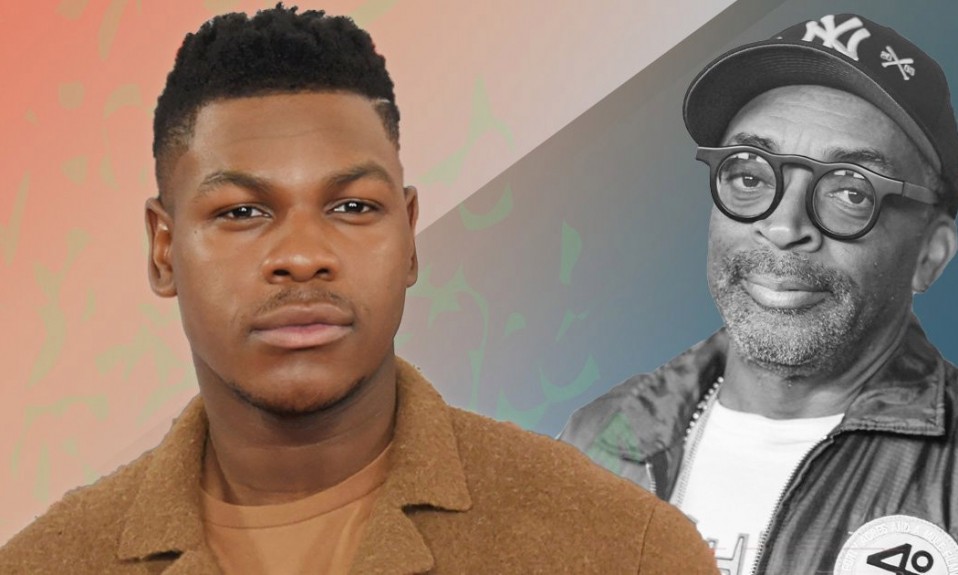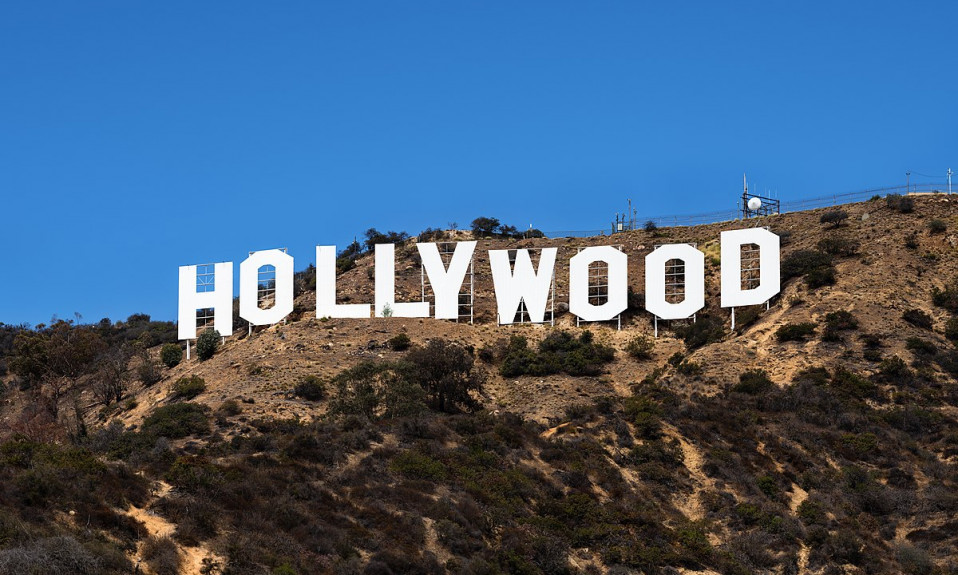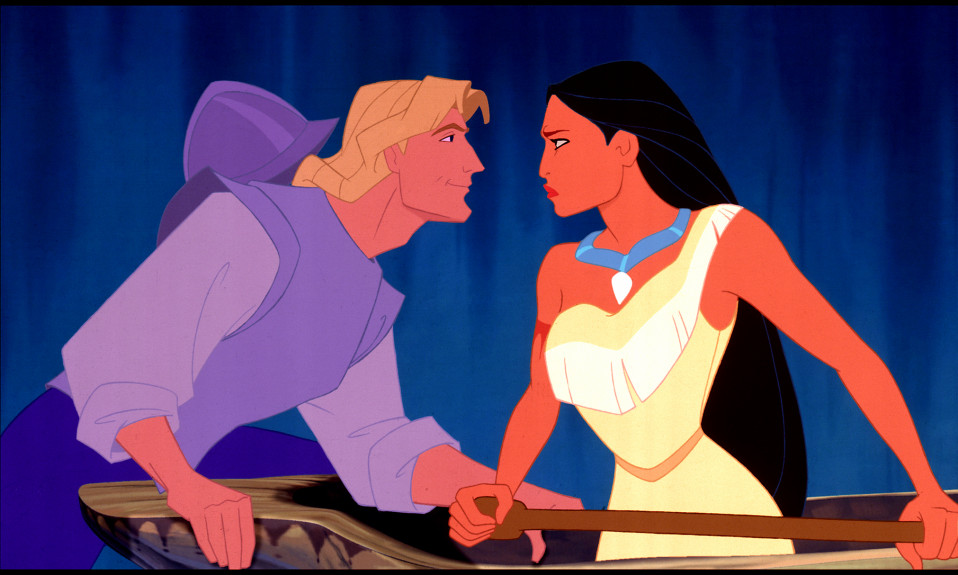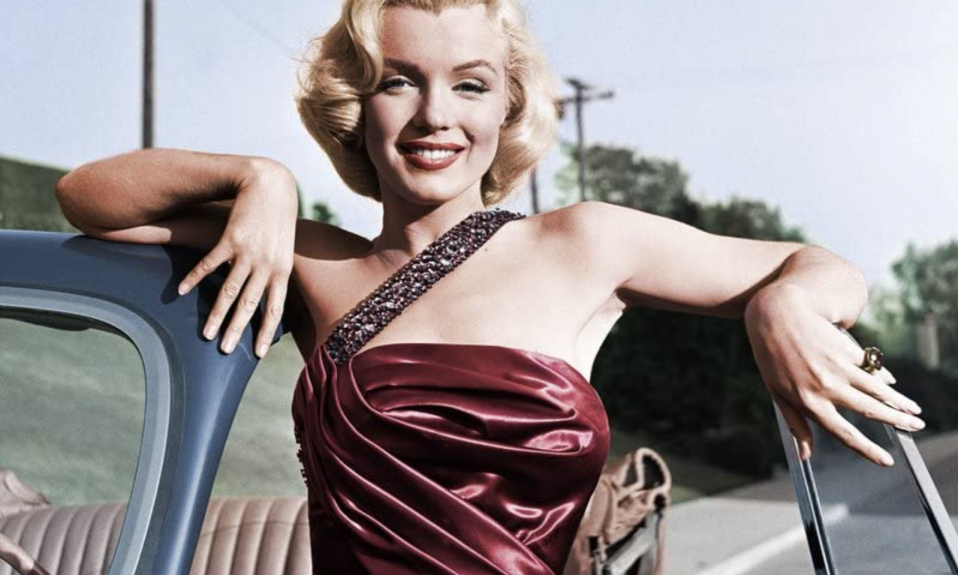As a Black woman, born and raised in the United States, I jumped at the opportunity to address this topic. The headline itself is loaded: The RIGHT kind of Black. There’s enough in those five words to fill a mountain of books, touching a sea of topics. But today it’s filtered through the narrow lens of Hollywood— Namely, the contentious backlash that’s cropped up in reaction to the celebrated success of Black British actors in the U.S..
We know the names: Cynthia Erivo (Harriet), Daniel Kaluuya (Get Out), Thandiwe Newton (Westworld), Idris Elba (The Wire), Gugu Mbatha-Raw (Game of Thrones), David Oyelowo (Selma), Ruth Negga (Preacher), John Boyega (Star Wars), and dozens more. They’ve played comic book characters, civil rights activists, sci-fi heroes, inner-city drug dealers— The entire gamut of Black American cinema and tv. Some of my AfrAm brothers and sisters take exception to that. And I understand why. But hear me out. And stay ’til the end.
The Americans
Since the moment we set foot on the American continent, Black Americans have been inundated with accusations of inferiority. This issue isn’t unique to us; However, no other country was built around that concept. Each generation has inched along, fighting the destruction of our self-esteem and our bodies by White America, as well as generational poverty, injustice, and erasure. And after centuries cut off from our roots, from global “Blackness”, we’ve developed in a vacuum. Everyone is other. We are surrounded on all sides. We will not be erased.
With that in mind, Black British actors, in a sense, are seen as performing “American Blackface”. Someone outside of ourselves, “… that struts and frets his hour upon the stage, and then is heard no more…” From our perspective, British actors swoop in, are granted coveted roles, then disappear with accolades. It’s just another case of outside exploitation.
There’s also a feeling of loss: In the film ‘Black Panther’, the antagonist Killmonger says, “Just bury me in the ocean with my ancestors that jumped from the ships, because they knew death was better than bondage.” That line was added by Chadwick Boseman, who played the titular character. A British actor would not think to add or change lines to better reflect the Black American experience, nor would they fight for those changes, even if they occurred to them. Although David Oyelowo and Carmen Ejogo, who played Martin Luther King Jr. and Coretta Scott King respectively, did excellent jobs, their performances came across as sterile, and exact, as a concert pianist trying to capture “the Blues”. Technically correct, yet missing the “flavor” and “heart” of Black America.
The British
In contrast to the isolationist viewpoint of Black Americans on this topic, Black British performers seem to take the view that, although not always as explicit, the tendrils of racism have stretched far and wide– and touch Black Britons as much as anyone. Perhaps more so, as the insidiousness of the systemic racism they’re entrenched in is a quiet, creeping thing: Hard to suss out and defeat. When George Floyd was killed in May of 2020, marches sprang up around the globe. Like Superman’s death cry in the opening scene of Zack Snyder’s ‘Justice League’, the pain of Black America sent piercing ripples throughout the world. And when those self same people appear to reject the British experience of Blackness– there’s a sense betrayal. The knife cuts deeper.
Theirs is the same quest for opportunity. The same desire for Black stories to be told. The same drive to give a stellar performance. Only to be told you’re the wrong kind of Black.
My Thoughts
Are Black British actors more prepared, and better trained? Perhaps. When you’re coming to a topic from the outside, you don’t coast. You don’t take it for granted. American actor Brian White is quoted as saying: “I have not seen one British actor that hasn’t trained in theatre show up in an audition.” Pair that with the dismantling of the arts in America, and you may have a point.
But is that really the core issue? This river has two heads: The lack of opportunities for Black performers… and the need for unification amongst the Diaspora. United Artists, currently doing business as United Artists Digital Studios, was founded in 1919 by Charlie Chaplin et al on the premise of empowering actors to control their own interests, breaking dependance from commercial studios. I propose Black Americans put suspicion and offense aside, and take the long view: The more we embrace and reconnect with our allies in the Diaspora, the more of an empire we build around the world. It’s time to abandon the internal skirmish mentality, and embrace the Big Picture: We’re stronger together. As they say, “United We Stand, Divided We Fall”.
Also Read: The Rise of Nigerian-British Filmmakers













